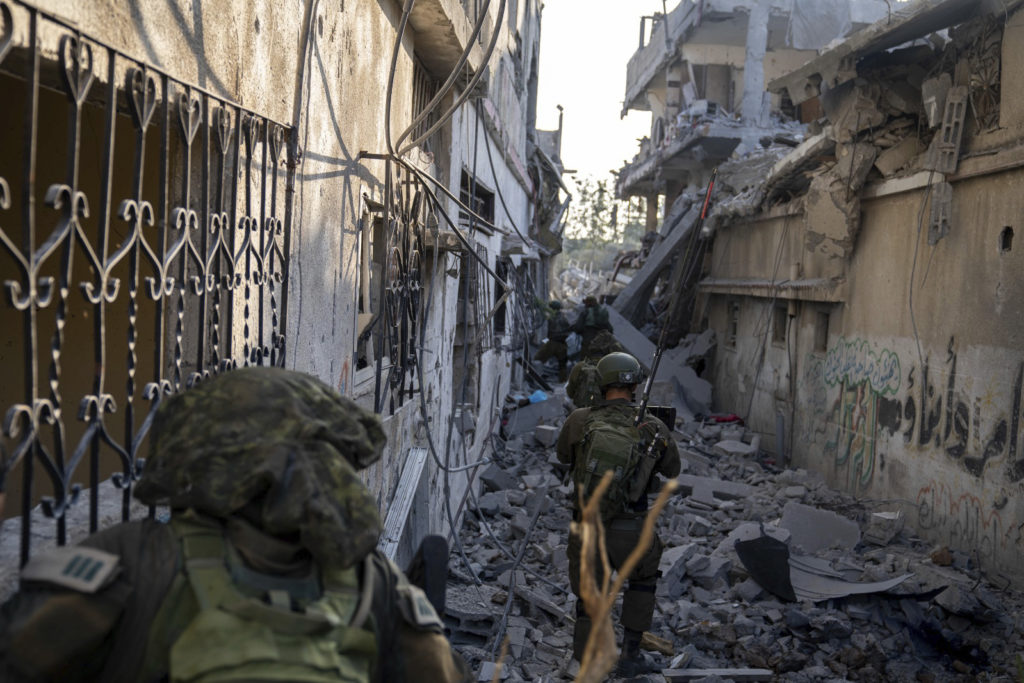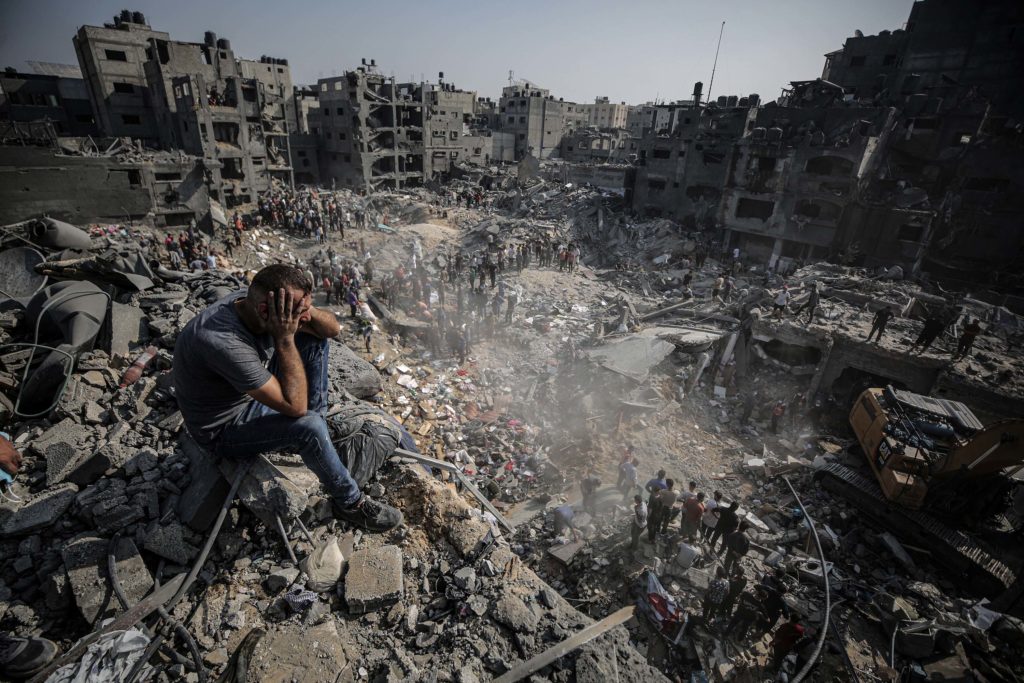In a crucial decision, the Security Cabinet, in alignment with the War Cabinet’s recommendation, has given the green light for a minimal supplement of fuel to be provided to the southern Gaza Strip. The primary objective is to avert a potential humanitarian catastrophe and the looming threat of epidemics in the region. The Security Cabinet’s approval signifies a strategic move to balance public health concerns with the complexities of the political landscape in the area.
The southern Gaza Strip has been grappling with dire circumstances, exacerbated by both the ongoing geopolitical tensions and the challenging public health environment. The decision to allow a minimal amount of fuel, subject to periodic assessments by the War Cabinet, reflects a delicate balance between addressing immediate humanitarian needs and maintaining security protocols. This nuanced approach acknowledges the urgency of preventing both a collapse in basic services and the escalation of health crises within the region.

The War Cabinet’s Rationale Behind Fuel Allocation to Southern Gaza
The War Cabinet’s recommendation to periodically assess and determine the minimal fuel supplement takes into account the dynamic nature of the morbidity situation and the broader humanitarian conditions in the southern Gaza Strip. By tailoring fuel allocations based on these assessments, the government aims to respond effectively to emerging challenges, ensuring that essential services are sustained without compromising public health.
The geopolitical landscape surrounding Gaza adds another layer of complexity to the decision-making process. The War Cabinet’s rationale emphasizes the need to balance the urgent humanitarian requirements with the ongoing geopolitical sensitivities. Striking this delicate balance is crucial for maintaining stability in the region while addressing the immediate needs of the population.
Implications for Humanitarian Aid Organizations
With the Security Cabinet’s approval, humanitarian aid organizations are now presented with an opportunity to collaborate closely with government agencies in delivering essential services to the southern Gaza Strip. This decision paves the way for coordinated efforts, ensuring that fuel supplements are optimally utilized to address critical areas such as healthcare, sanitation, and emergency response.
While the decision to provide minimal fuel is a positive step, humanitarian organizations will face challenges in navigating the complex socio-political landscape of the region. Effective coordination mechanisms will be crucial to overcoming obstacles and ensuring that aid reaches those in need promptly.

International Response and Diplomatic Dimensions
The Security Cabinet’s decision has garnered international attention, prompting discussions on the broader implications for regional stability and global humanitarian efforts. Countries and international organizations are closely monitoring the situation, with advocacy efforts underway to ensure that the southern Gaza Strip receives the necessary support to avert a humanitarian crisis.
The approval of minimal fuel supply introduces a diplomatic dimension to the ongoing crisis. Diplomatic channels are actively engaged as stakeholders seek common ground to address both immediate needs and the underlying geopolitical challenges. The international community’s role in facilitating dialogue and providing support will be pivotal in navigating a sustainable path forward.
Potential Challenges and Contingency Plans
As the situation unfolds, continuous monitoring by both the War Cabinet and international bodies will be imperative. The ability to make swift adjustments to the fuel supplement based on evolving circumstances will be crucial in effectively managing potential challenges and preventing a deterioration of the humanitarian situation.
Given the volatile nature of the region, contingency plans for escalation scenarios must be in place. The Security Cabinet, in coordination with relevant authorities, should establish robust measures to address any unforeseen challenges that may arise in the implementation of the fuel supply plan.

Future Implications and Challenges
As the Security Cabinet takes this critical step to alleviate the immediate humanitarian concerns in the southern Gaza Strip, attention will inevitably turn to the broader implications and challenges. Questions may arise about the sustainability of such measures and the need for a comprehensive, long-term strategy to address the root causes of the crisis. The decision highlights the complex nature of balancing immediate relief with the imperative to develop sustainable solutions for the well-being of the Gaza Strip’s population.
The Security Cabinet’s approval of a minimal fuel supplement marks a significant development in the ongoing efforts to address the humanitarian crisis in the southern Gaza Strip. The decision reflects a nuanced approach that considers the evolving conditions on the ground, underlining the importance of flexibility, coordination, and ongoing evaluation in responding to complex challenges.
Table of Contents
Discover more from OGM News NG
Subscribe to get the latest posts sent to your email.














